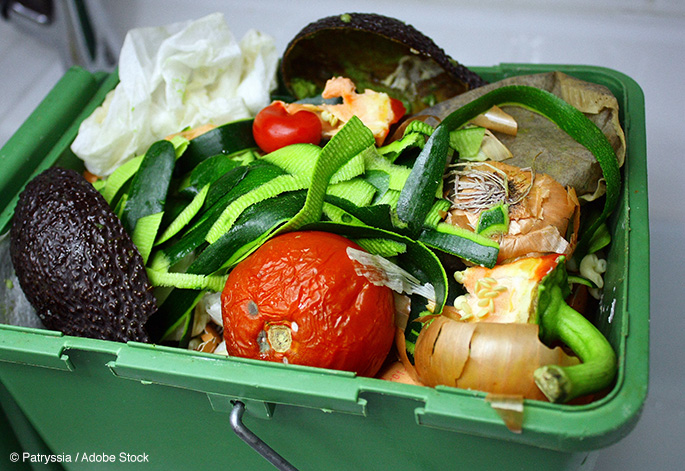
In a world where 35 million tons of food waste every year comes from U.S. citizens alone, it’s not surprising that it is becoming a major economic issue. Food waste produces harmful chemicals, attracts pests, and leeches pollutants into the air that are contributing to climate change on a larger level than we realize. Making small changes at home and in our personal lives is the only way we have left to put the brakes on an impending (and self-inflicted) environmental hazard. Detailed below are two ways to change your level of impact.
Purchase less at a time
At one point or another, we have all purchased too much of something that later goes bad; from lettuce to dairy, to meat, each product expires by a date that we adhere to, keeping our bodies safe from harmful bacteria. As frustrating as it is for most to throw out food that has spoiled, we continue to buy too much and improperly store food. One simple solution? Buy less at a time. Most grocery stores have sections in their produce departments that allow you to buy a small amount of fresh produce, such as one onion or enough potatoes to make a meal. Utilize these areas when buying things that you infrequently use to save money and waste less.
Store food properly
On the same tangent as purchasing less in the first place, storing your food properly will minimize wasting expired or spoiled food. Separate meats and store in freezer-safe bags or containers, at most one day after purchasing. This preserves the meat closest to its freshest state and thaws safely in the refrigerator. Vegetables and fruit are subject to their own freezer freshness rules, which can easily be found on the Internet.




































































































































 Three Ways to Engage Teams and Clients to Maximize Your Recycling Program Engagement
Three Ways to Engage Teams and Clients to Maximize Your Recycling Program Engagement  How to Integrate Accessibility Into Your Sustainability Planning
How to Integrate Accessibility Into Your Sustainability Planning  Why Park Benches Can Promote Workplace Well-Being
Why Park Benches Can Promote Workplace Well-Being 
